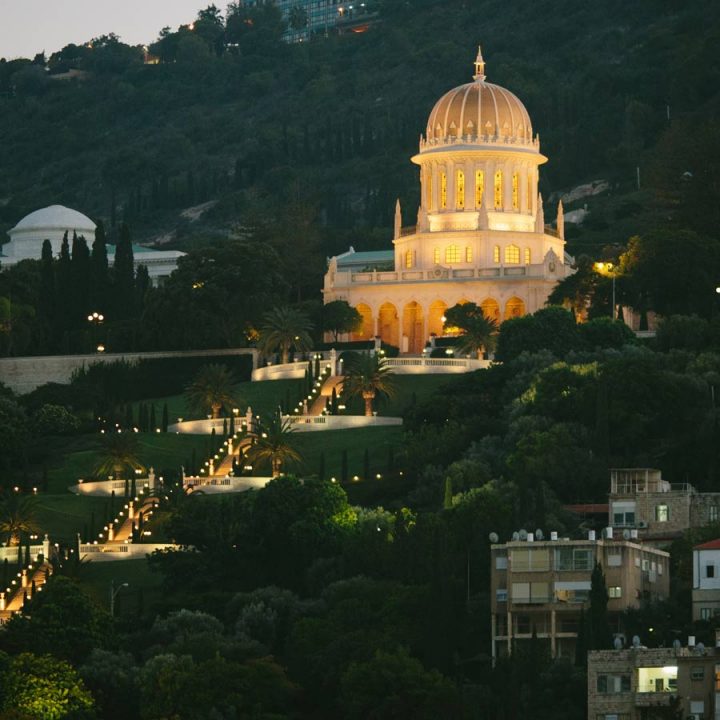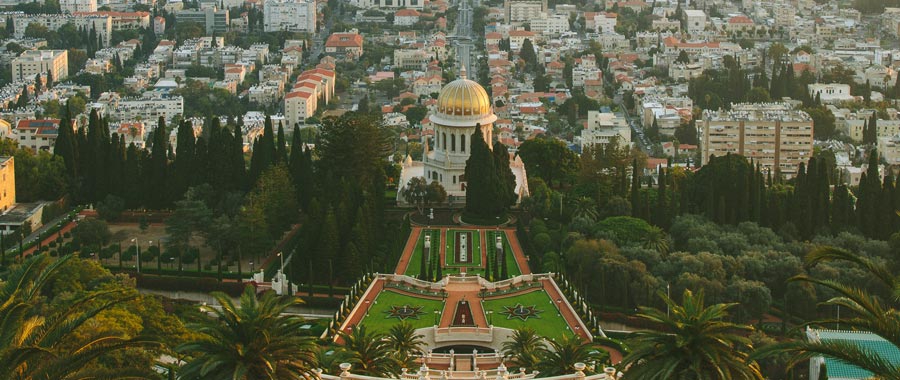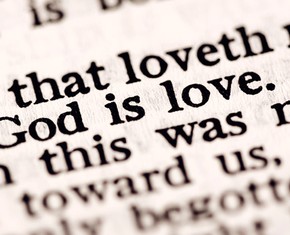The views expressed in our content reflect individual perspectives and do not represent the authoritative views of the Baha'i Faith.
History is so complex that it is virtually impossible to capture and pass down everyone’s stories. Each life is rich with lessons to learn from, but, unfortunately, we cannot learn from everyone’s stories in our lifetime. When we don’t look to the mistakes of the past to inform our decisions, we say “history repeats itself” to explain how humanity makes the same mistakes time and time again. But should we be looking only at our mistakes?
Even though we often think that the only important parts of history are the negative ones, we should also study those who appeared and inspired people as they struggled through hardship. We can learn a lot from historical figures who represented high aspirations and shaped the high standards we set for humanity.
From the evening of May 22 to the evening of May 23 Baha’is across the globe will celebrate one such person: the Bab, the forerunner of Baha’u’llah, the prophet and founder of the Baha’i Faith. The Bab means “the gate” in Arabic and he is especially important to Baha’is for his role in ushering in a new age for humanity.
The official website of the Baha’i Faith offers a beautifully written summary of the Bab’s life. It describes the context into which the Bab was born: “Great revolutions were underway… time-worn social structures and relationships were being challenged by sudden and unprecedented changes. At the same time, throughout the world followers of divers religions perceived that humanity was on the cusp of a new stage in its development, and many prepared themselves for the imminent coming of a Promised One, praying fervently that they would recognize Him.”
The vignette then goes on to briefly describe the mission of the Bab: “His primary purpose was to awaken the people to the fact that a new period in human history had begun, one which would witness the unification of the entire human race and the emergence of a world civilization of spiritual and material prosperity. The Bab explained that the new Manifestation would usher in an age of peace and justice that was the hope of every longing heart and the promise of every religion.”

The Bab was important not only for those who consider themselves formally part of the Baha’i community but also for all of humanity. He is celebrated not only for his role in establishing the Baha’i Faith, but also for the beautiful radical activism he initiated by sharing ideas that were in stark contrast to the materialism, classism, and prejudice that are pervasive in the world. This makes him a champion for folks of all religious or spiritual backgrounds.
Now, two hundred years after his birth, Baha’is gather to celebrate the Bab’s legacy by commemorating the day he announced his mission. Art, music, and prayer play huge roles in creating joy that strives to reflect the beautiful impact the Bab’s revelation continues to have.
Last year there were a number of gatherings of different scopes and sizes in Brooklyn. I helped organize one myself, with a small group of friends. Through the process of putting this celebration together, we had the opportunity to apply teachings embedded in the writings of the Baha’i Faith.
The Bab wrote: “Be lovingly watchful of one another and thus improve your affairs… Gaze upon others with the same eyes with which ye gaze upon your own selves.” Abdu’l-Baha, the son of Baha’u’llah, also once said: “Make your home a haven of rest and peace. Be ye hospitable and let the doors of your home be open to the faces of friends and strangers. Welcome everyone with a smiling face.” With that in mind, our celebration relied on the generosity of members in the community to provide a delicious meal for all the attendees. Small lights were carefully hung and twisted around pipes to give the space a very special feel. Through striving to create beauty, the celebration offered love in both the spiritual and physical ambiance.
The program was a mix of storytelling and song, with a short film at the end. The storytelling and film provided a medium for the attendees to connect with history, and the music uplifted our souls. This occasion became the launching point for much more growth and cohesion as a community.
This year, we can’t gather together as a community because of the coronavirus pandemic. But Baha’is across the world are inviting friends to join them in learning from this historical figure, by coming together virtually and finding ways to improve their communities. Abdu’l-Baha once wrote: “Concern yourselves with one another. Help along one another’s projects and plans. Grieve over one another. Let none in the whole country go in need. Befriend one another until ye become as a single body, one and all.”
While the current global crisis makes it impossible to host larger events such as the ones in Brooklyn last year, that doesn’t mean that we can’t reach out to others — while being mindful of our health and safety — and celebrate the Declaration of the Bab in creative ways with the resources we do have.
What better way to honor the Bab’s aims than to contribute to the actualization of the goals he set for humanity?
















Comments
Sign in or create an account
Continue with Googleor